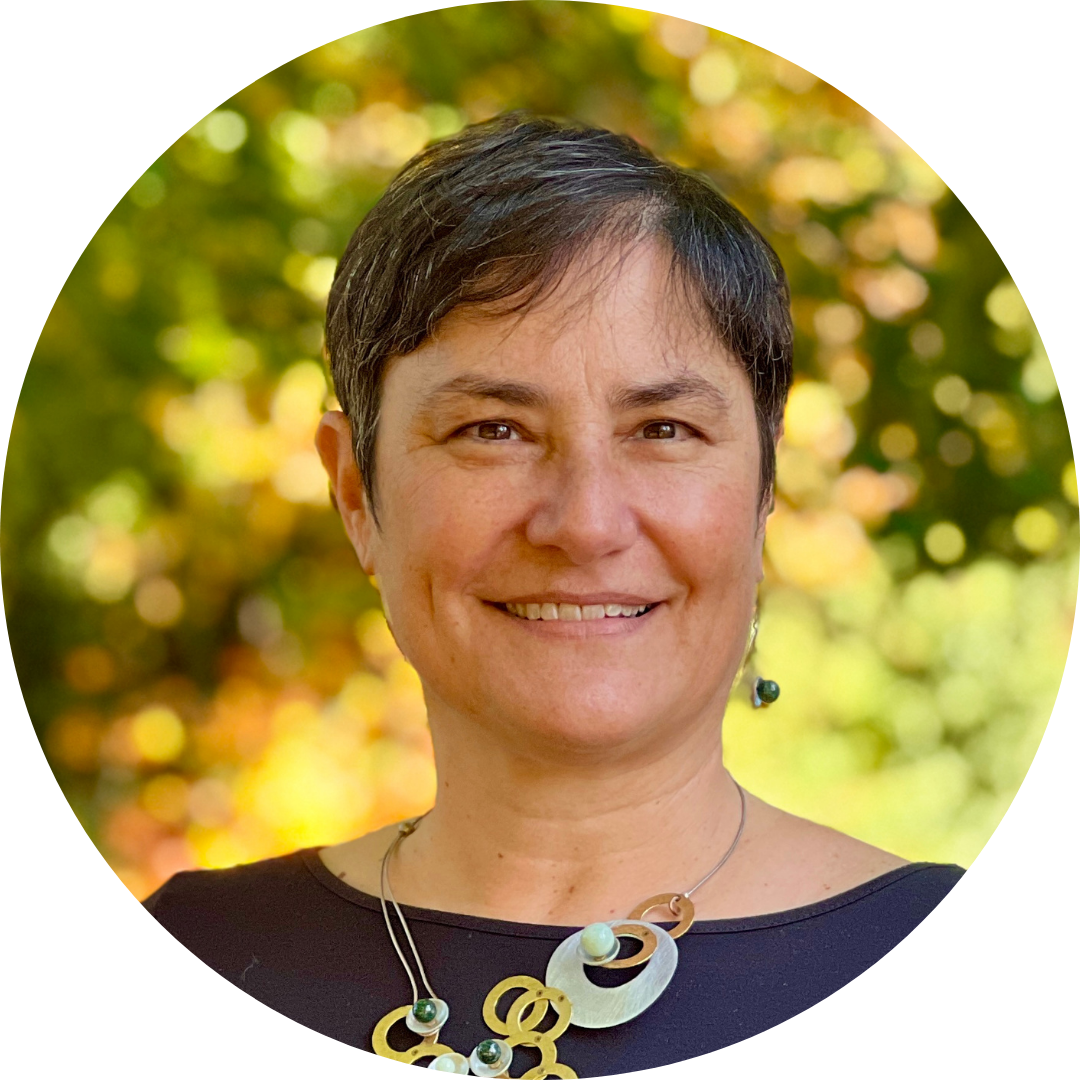Dear friends–
I am writing to send strength and support and to share some thoughts about these times we are living in. Like you, I’m sure, this Shavuot gave me much to think about.
According to Mordecai Kaplan’s teachings, which have long resonated with me and so many others, to be Jewish in America is to live simultaneously in two rich civilizations, the Jewish and the American civilizations, both full of promise and character-shaping values. To be Jewish in America is to draw deeply from both of these civilizations in order to contribute meaningfully to both of them. As deeply as Kaplan believed this, living it out was often challenging in his day. Increasingly, it is challenging in our day as well.
Living in two civilizations should mean that on a Sunday afternoon, a group of American Jews could simultaneously be preparing for the festival of Shavuot, celebrating the revelation of Torah at Mt. Sinai, and exercising their First Amendment rights to assemble, expressing solidarity with Jews around the world by peacefully calling for the homecoming of the remaining Israeli hostages in Gaza. This should mean that diplomats who are Jewish, or are perceived to be Jewish, could safely exit an American Jewish history museum in the District of Columbia after attending a networking event. This should mean that a state governor who is Jewish could host a Passover seder in the governor’s mansion and wake up the next morning only to pick up the work he left off the day before. This should mean that a synagogue community could organize a “Refugee Shabbat” grounded in dearly held Jewish principles of caring for the stranger and welcoming the immigrant, or simply gather on a Friday night to welcome Shabbat.
Tragically, terrifyingly, these expressions of being Jewish in America are more and more compromised, more and more shattered by violence, even murder. The most recent was Sunday, June 1. Together with me, the leadership of the Reconstructionist movement expresses our intense distress and prayers for full and complete healing for the victims of the flamethrower attack at the “Run for Their Lives” assembly in Boulder, Colo., and send strength and courage to their families and communities.
Anytime Jews are targeted as proxies for the state or government of Israel or are held personally accountable for its actions — especially when targeted with violence — it is antisemitism. For decades Reconstructionists have stood for the rights of Palestinians and the legitimacy of their national aspirations, alongside the rights of Jews and all residents of Israel to live there in safety and peace. We know that the members of our Reconstructionist communities include those with a wide range of views, feelings, and relationships to the State of Israel. We are adamant that criticism of the current government of Israel and its policies can be part of responsible civic engagement, just as criticism of the government of any state is.
And none of this subtlety and complexity matters to people who hate Jews. While Sunday’s horrific attack was at an event that the perpetrator expressly tied to the conflict in Gaza, there has been an overwhelming rise in antisemitism in instances and settings completely unconnected to the Middle East. More and more, Jews in America, no matter our beliefs about the war in Gaza, are being treated with suspicion in ways that threaten our ability to express our Jewishness, or engage in robust civic engagement as Jews.
The situation is made even worse by an administration that, under the pretext of fighting antisemitism, is dismantling key elements of American democracy that have long protected American Jews and that made this country a haven for our forebears and a continuing beacon for new generations of immigrants and refugees. Most Reconstructionists deeply believe that a multiracial, multiethnic democracy is essential for the well-being of all people, including but not limited to Jews, and all minorities. We have the same aspirations for the State of Israel, which was founded on the premise that Judaism and democracy could be united so as to provide a safe haven for Jews and also enable non-Jews to flourish. That vision, too, is under extreme threat by a coalition government that promotes Jewish supremacism and is pursuing tactics of ethnic cleansing in both Gaza and the West Bank while also undermining democratic institutions in Israel.
These are challenging, sometimes terrifying, times. Core principles undergirding our existence — individual, communal and national — are being questioned and undermined. We are in a struggle for our well-being, which we firmly believe is tied to the well-being of other people. With every new headline, it seems that we are in a struggle for our lives. We must fight for democracy, in the US and in Israel, not only for the sake of Jews, but because we are Jewish — an identity and an inheritance that offers wisdom, resilience and solace even as it calls upon us to seek justice, compassion and peace.
Hizku ve’imtzu–let us be strong and of good courage.
In sorrow and in conviction–
Rabbi Deborah Waxman, Ph.D.
President & CEO, Reconstructing Judaism








